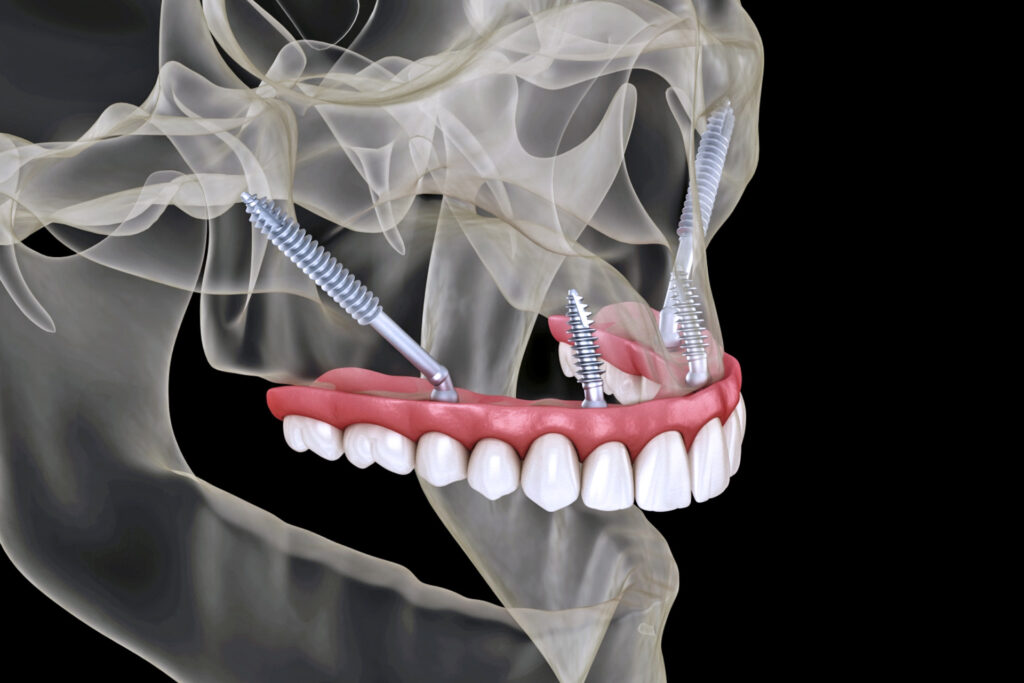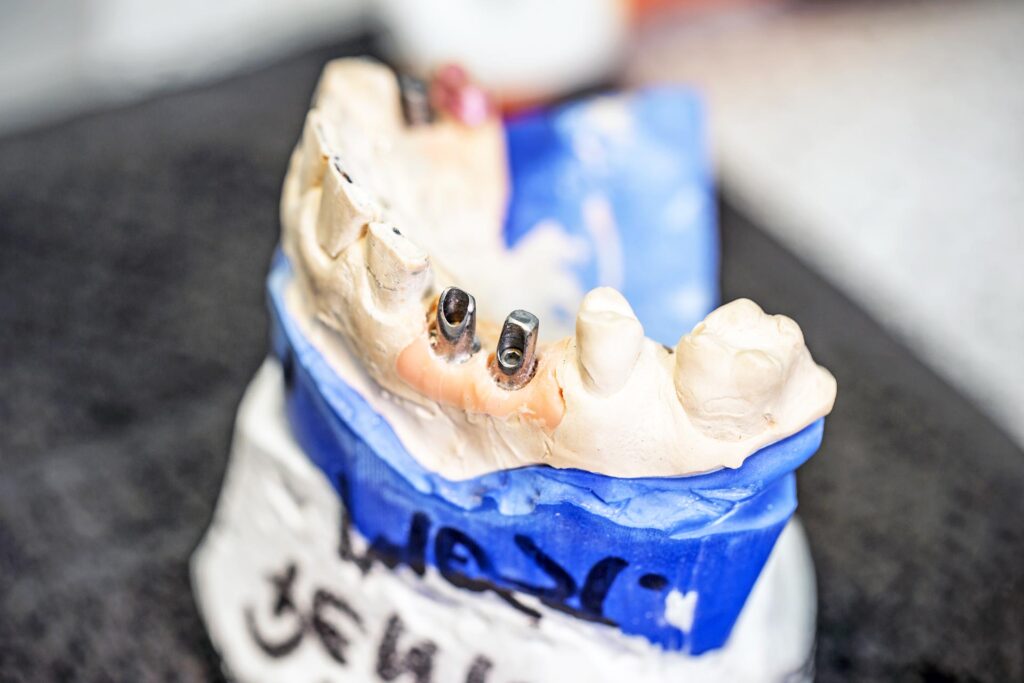
Oral hygiene refers to the practice of keeping the mouth and teeth clean and healthy to prevent the development of dental problems, such as tooth decay and gum disease. There are many benefits to practicing good oral hygiene, including:
- Reduced risk of tooth decay and gum disease: We can improve our dental care by brushing and flossing regularly, you can remove plaque (a sticky film of bacteria) from your teeth and gums, which can help prevent the development of tooth decay and gum disease.
- Fresher breath: Good oral hygiene can help prevent bad breath, also known as halitosis. Brushing and flossing regularly can help remove odor-causing bacteria from the mouth.
- Better overall health: Research has shown that there may be a link between oral health and overall health. For example, poor oral hygiene has been linked to an increased risk of heart disease, stroke, and other health problems. By practicing good oral hygiene, you may be able to reduce your risk of developing these conditions.
- Improved appearance: Regular brushing and flossing can help keep your teeth and gums healthy, which can help prevent tooth loss and maintain a healthy, attractive smile.
Overall, practicing good oral hygiene is an important part of maintaining overall health and wellness. By brushing and flossing regularly and visiting your dentist for regular checkups and cleanings, you can help keep your mouth and teeth healthy and prevent the development of dental problems.
What Are The Consiquencences Of Bad Dental Care? What Is Gum Disease/Periodontisis?
Gum disease, also known as periodontal disease, is a condition in which the gums and supporting structures of the teeth become infected and inflamed. It is a common oral health problem that can affect people of all ages and can lead to tooth loss if not treated.
Gum disease is caused by bacteria that build up on the teeth and gums, forming a sticky film called plaque. If not removed, plaque can harden into a rough, porous substance called calculus (also known as tartar). The bacteria in plaque and calculus can irritate and inflame the gums, leading to the development of gum disease.
There are two main stages of gum disease: gingivitis and periodontitis. Gingivitis is the early stage of gum disease and is characterized by red, swollen, and bleeding gums. In this stage, the gums are not yet severely damaged and can often be treated by practicing good oral hygiene and visiting the dentist for regular cleanings.
Periodontitis is the more advanced stage of gum disease and is characterized by severe damage to the gums and supporting structures of the teeth. In this stage, the gums may become infected, the teeth may become loose, and bone loss may occur. Treatment for periodontitis may involve more intensive cleaning and surgical procedures.
Overall, gum disease is a serious oral health problem that can lead to tooth loss and other complications if not treated. By practicing good oral hygiene and visiting the dentist regularly, you can help prevent the development of gum disease and maintain healthy gums and teeth.





